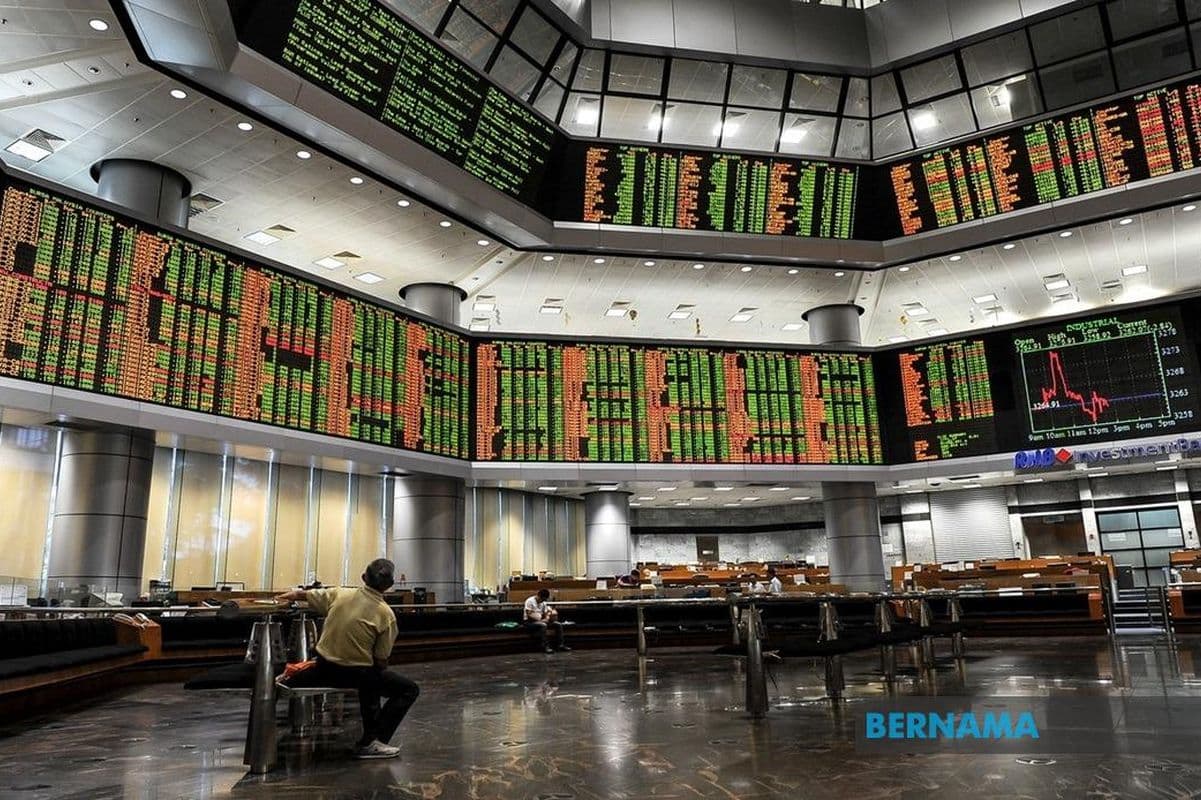
CLSA noted that over the last 15 years, Malaysia had only outperformed the MSCI World concurrently with the overall emerging market in 2010.
KUALA LUMPUR (Jan 16): Malaysian equities appear to have exhausted their function as defensive play in 2023, says CLSA Research, noting that the overall emerging market is expected to see better prospects during the year, offering more opportunities for investors to shift their focus away from Malaysia.
“Last year Malaysia offered sanctuary to investors fleeing growth/tech and seeking refuge in defensive, domestically oriented net commodity exporters,” said the research firm.
But currently Malaysia offers poor short- and long-term earnings per share (EPS) growth, while the ringgit revaluation has largely been done since November last year. Also, Malaysian equities are “expensively valued” and have priced in the recent positive political progress, said CLSA in a report dated last Friday (Jan 13).
The research firm listed 10 reasons for investors to take profits in Malaysian equities this year:
- Malaysia rarely outperforms alongside the overall emerging market
- Malaysian equities offer lower trend EPS growth than the overall emerging market
- Oil price action no longer supports Malaysian equity momentum
- The market’s real gross domestic products (GDP) growth is no longer exceptional for 2023
- The pace of ringgit strengthening since November will moderate
- CLSA Malaysia macro model offers less upside than for the overall emerging market
- The weakest 2024 earnings growth projection in emerging Asia
- Malaysia’s superior dividend yield is now much less compelling
- Market enthusiasm surrounding the 15th general election results is priced in
- Strongest net foreign purchases in five years will likely abate
CLSA noted that over the last 15 years, Malaysia had only outperformed the MSCI World concurrently with the overall emerging market in 2010.
Additionally, over the past 30 years, Malaysia is deemed a “perennial underperformer” by delivering 3.4% of compounded annual growth rate for US dollar EPS, less than half of the 7.4% for the overall emerging market, the researcher said.
“Thus, it has typically paid to maintain a negative regional bias towards Malaysian equities and we see no clear reason why this particular distinction should change,” it said.
Although elevated oil prices have been supportive to Malaysian equity momentum, CLSA noted that the impact faded through the second half of 2022, and this is expected to remain the case for this year.
After Malaysia posted stellar GDP growth in 2022 (estimated to be 8.4%, second only to Saudi Arabia’s 8.8% across mainstream emerging markets), CLSA said the country's economic growth is forecast to decelerate to 4% this year (below that of India, the Philippines, Indonesia and China).
“As the market typically discounts earnings estimates a year out, focus will inevitably begin to shift towards 2024 consensus EPS growth projections for which Malaysia’s are currently the weakest across the emerging Asia region at 6%.
“Malaysia’s relative dividend yield fell from twice that of overall EM at the end of 2021 to a less impressive 15% superior to EM by year-end 2022, in line with the 20-year average,” said CLSA.
The firm noted that although foreign ownership in Malaysian equities remains close to a 16-year low, foreign appetite is expected to diminish through 2023 as investors focus on those areas in North Asia where exposure has been aggressively reduced over the past three years.
“Last year’s global flight from tech or growth sectors and appetite for energy plays and more domestic or defensive sanctuaries were reflected in foreign investor net rotation away from North Asia towards Brazil, Saudi Arabia and Asean markets.
“However, we view this as 2022’s story and our more constructive outlook for 2023 involves re-engaging oversold deep value cyclical opportunities—essentially selling last year’s winners and rotating into last year’s losers. Our recommendation for a rotation out of India and Malaysia into China and Korea reflects this narrative,” it said.